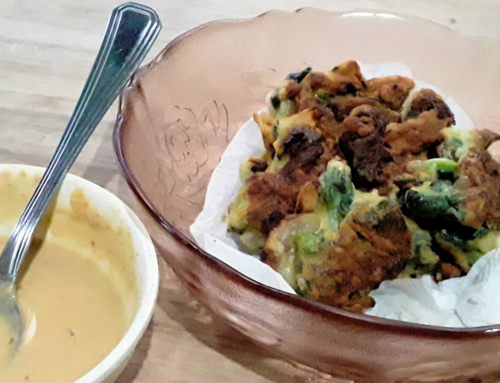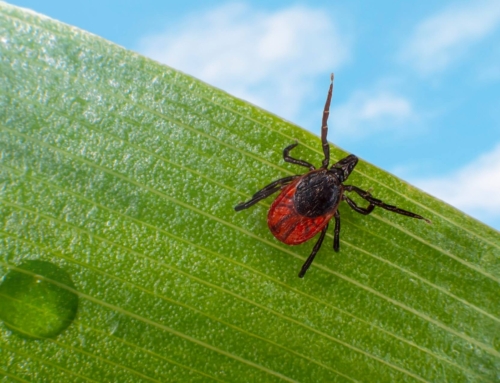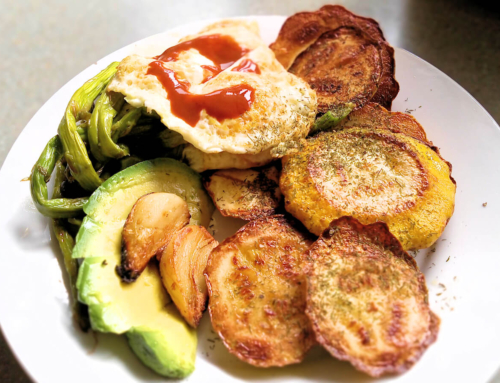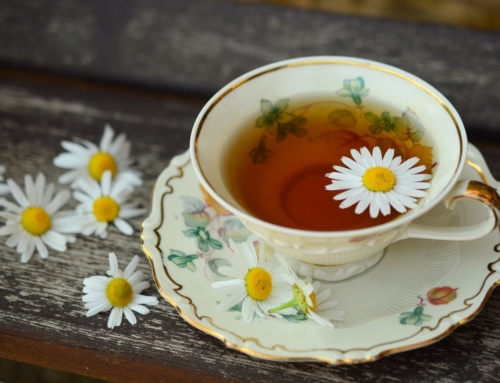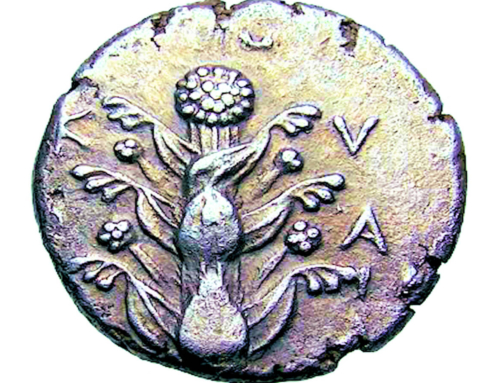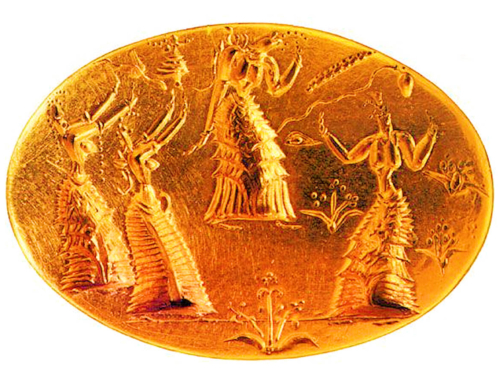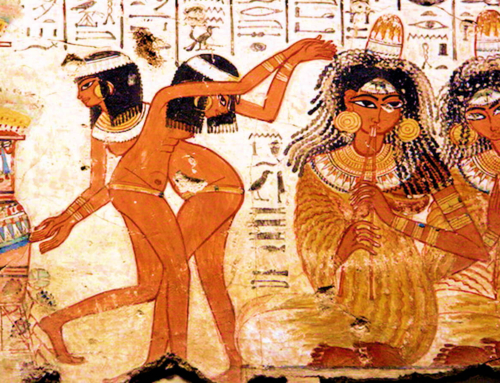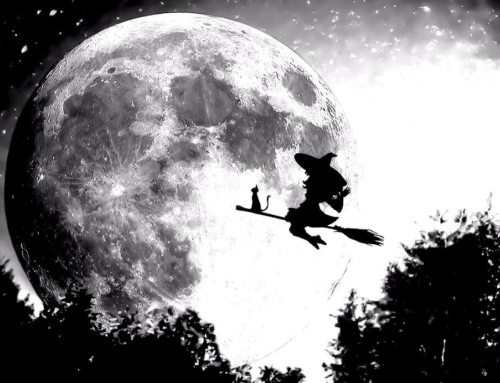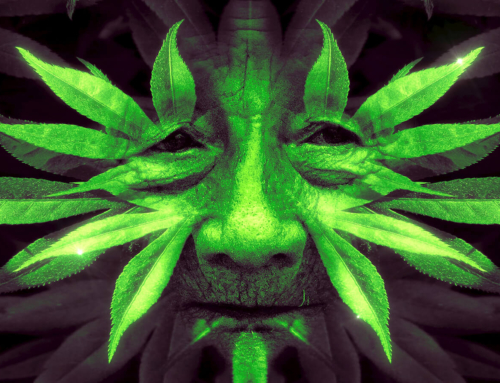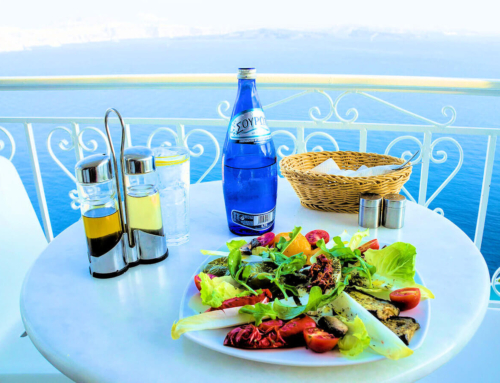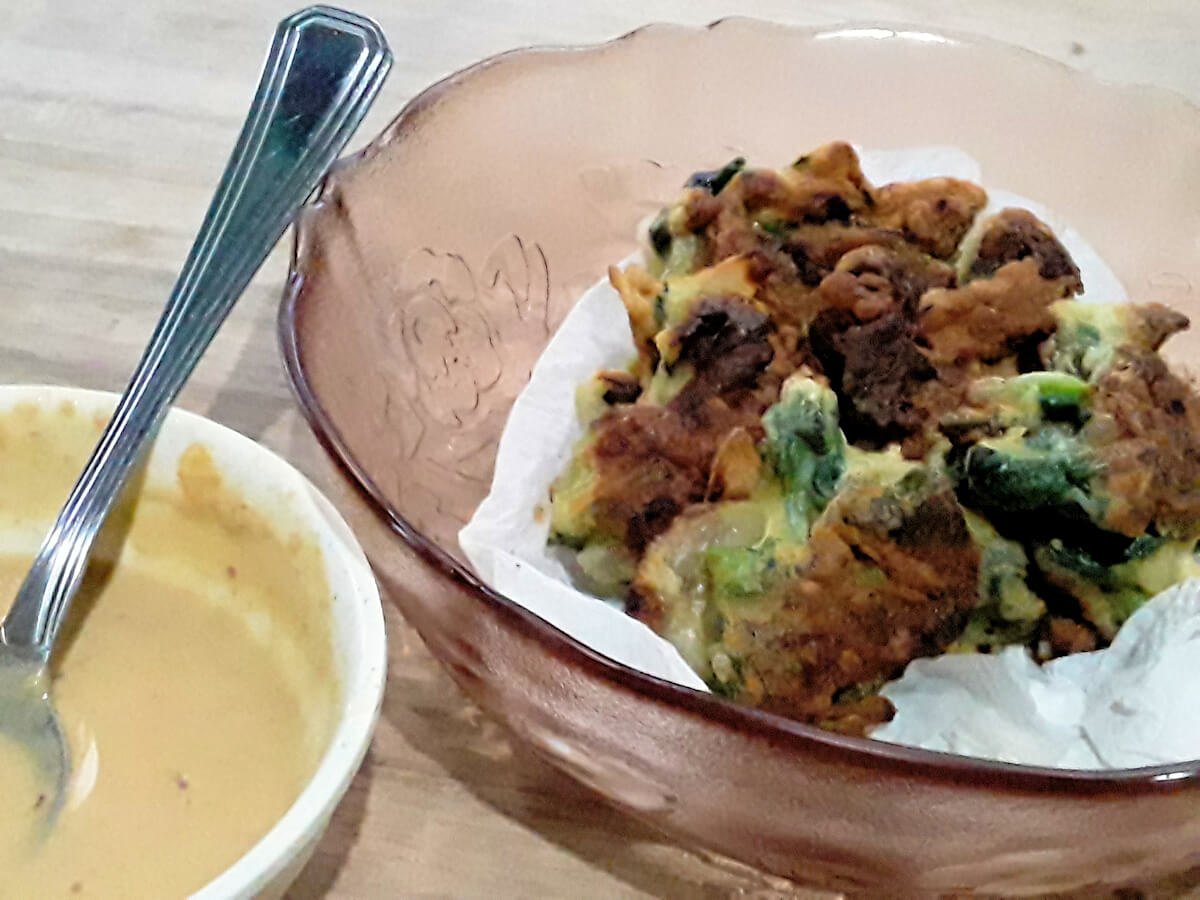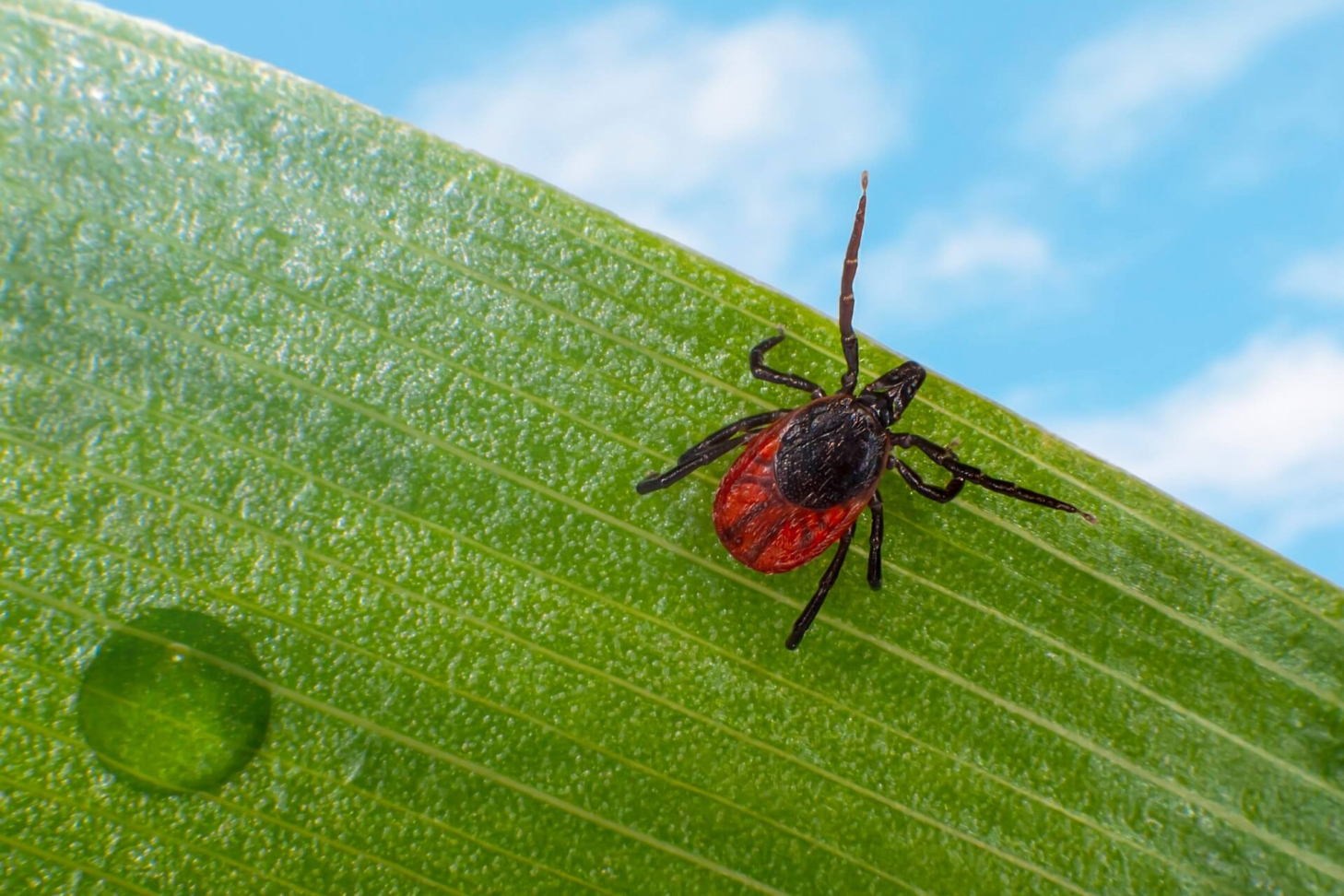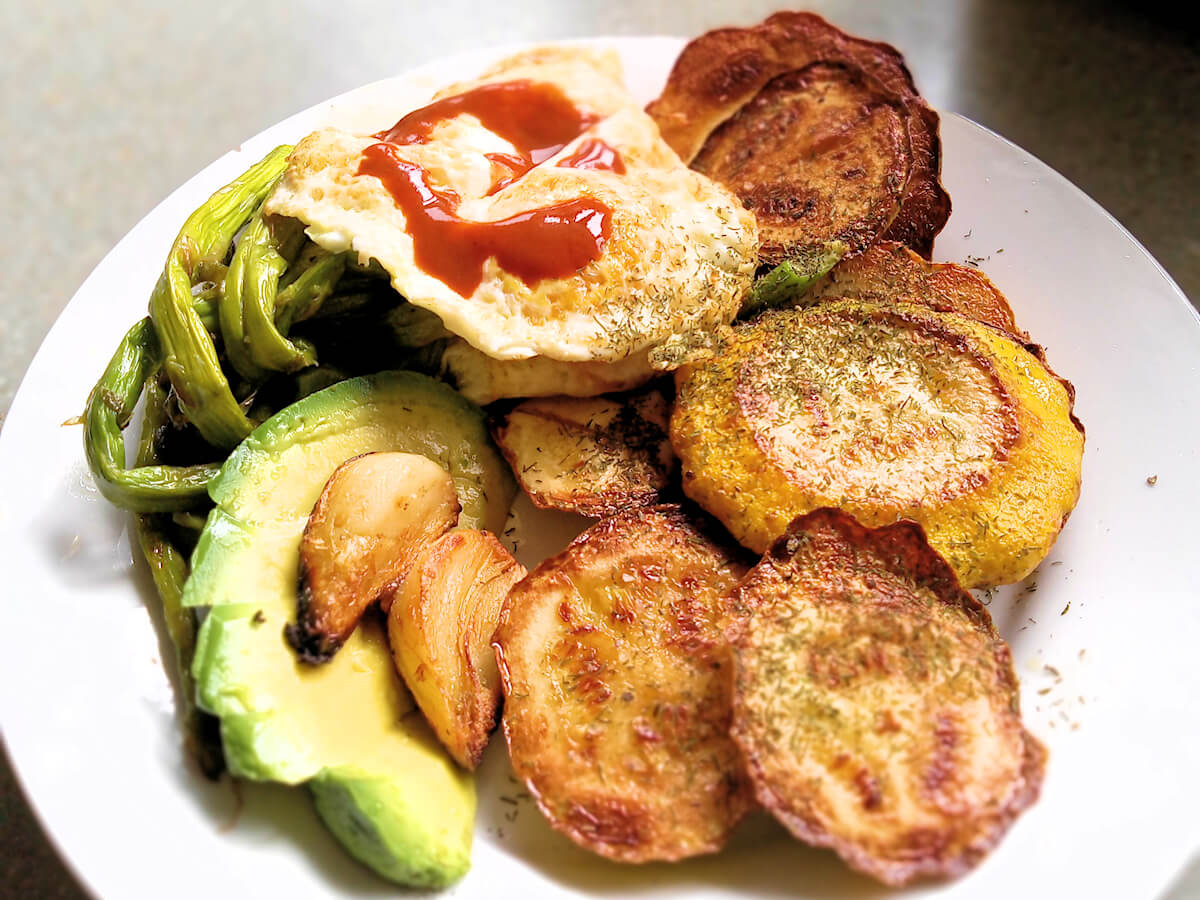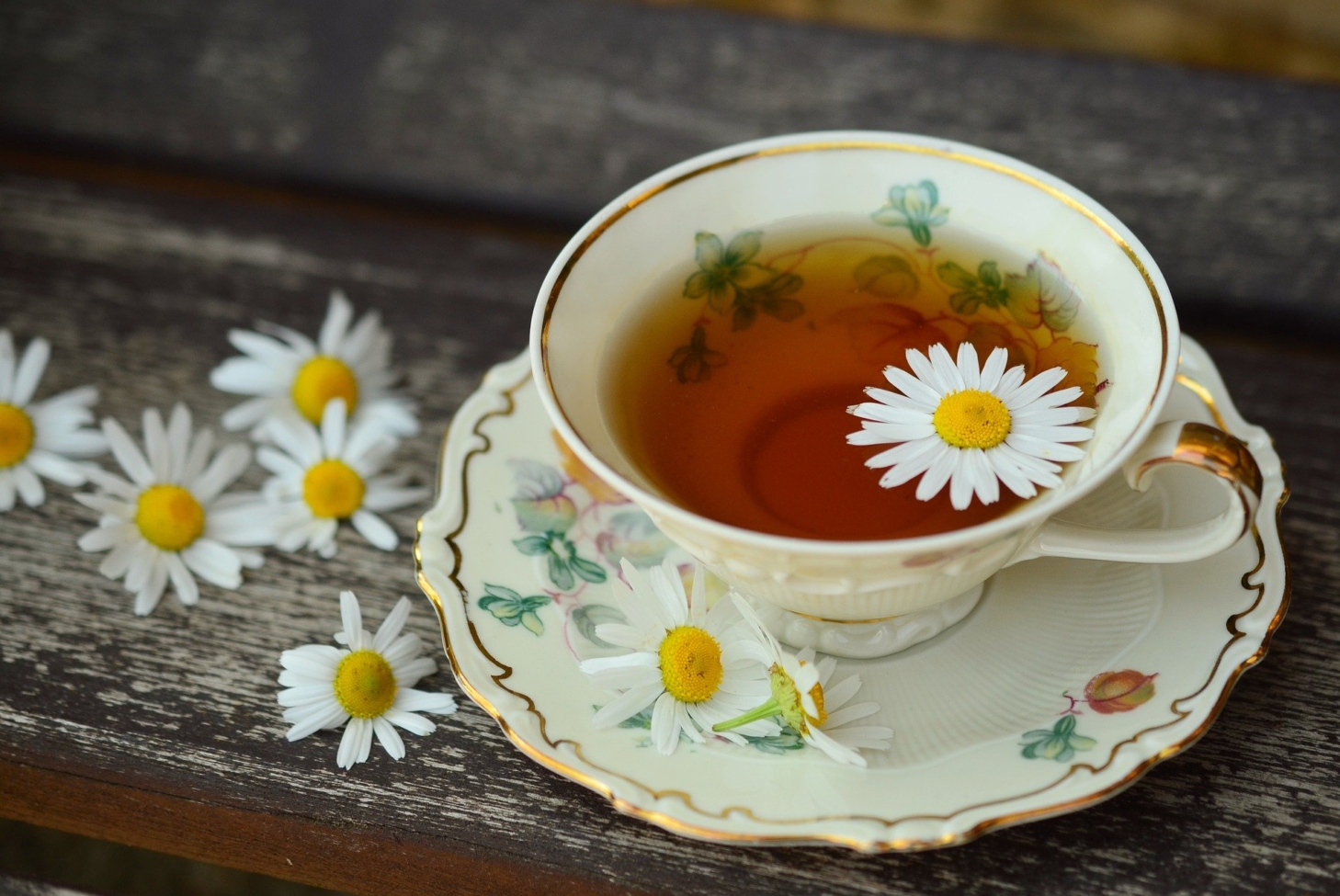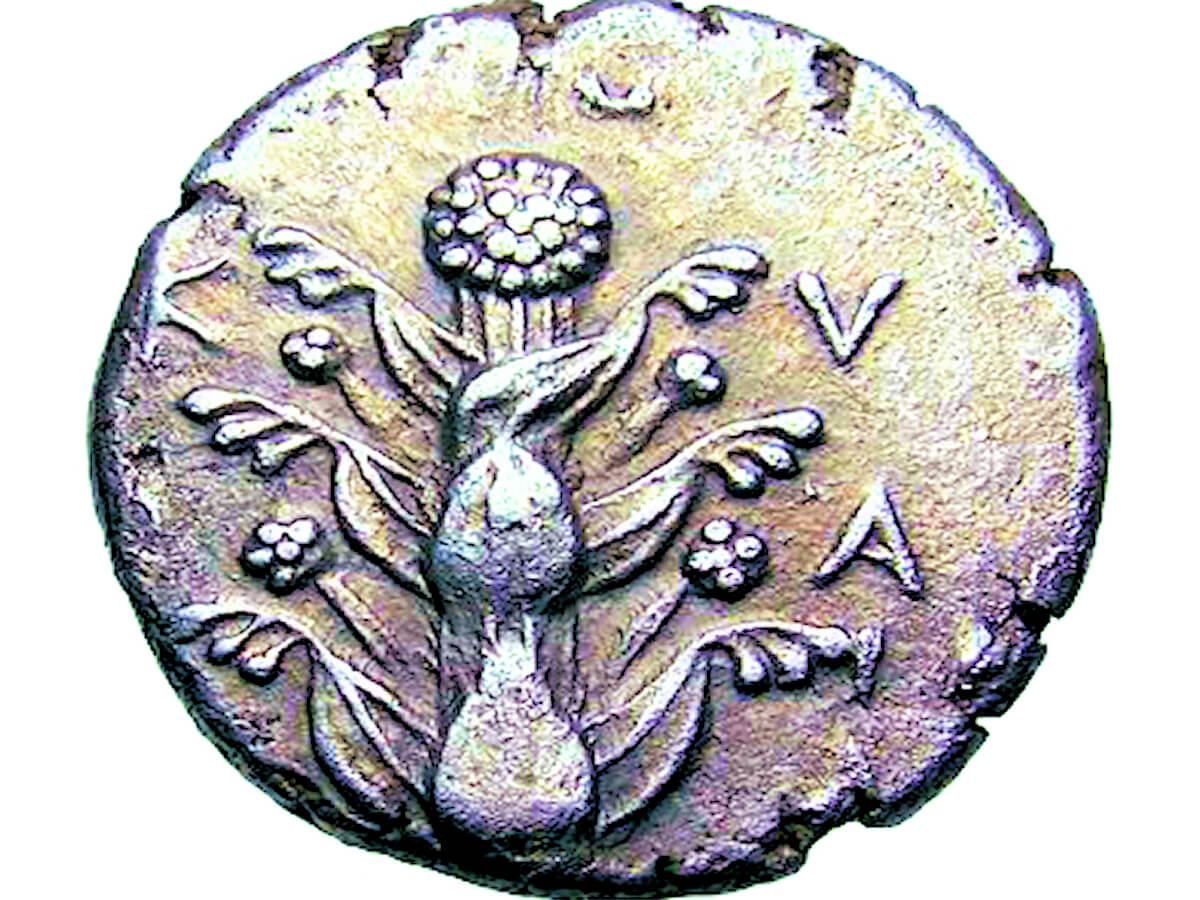Herbalism Survival in Refugee Families
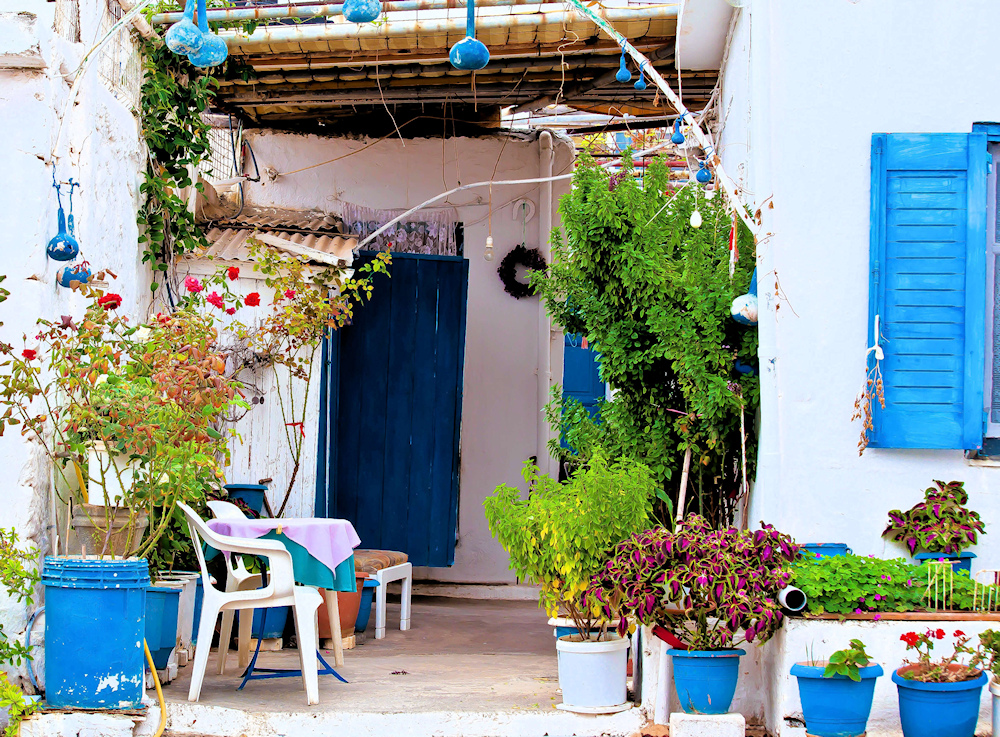
Originally published by Rachel Thomas in the Journal of Medicinal Plant Conservation
In homes all around the world, traditional plant wisdomis still respected and used every day. From the plants on their plates that nourish them, to the teas in their cups, humans have relied on plant medicine as the key to a healthy life since the beginning of humanity. For some families, wellness tools are easily passed down through the generations. For others, like my family, modern challenges have made it almost impossible.
When my grandparents left Ottoman-occupied Greece over a hundred years ago, they were both children and refugees of war. One of the tragedies of leaving this way was that they were not able to bring much with them. My great-grandmother lost all her property back home, and my grandfather started his life in America as a teenage indentured servant.
In Greece, their families had always relied heavily on local plants for food and medicine. Living under the occupation of a foreign government with limited health care and constantly facing famine, my ancestors survived because of their knowledge and access to plants. To this day, there are elders in my grandfather’s Greek village who remember those times. If they can no longer make it out into the fields and forests, they keep a small medicine chest growing in their front yards or in buckets on their balconies. They tell stories of war times when they survived on wild greens and other gifts of nature that children collected nearby.
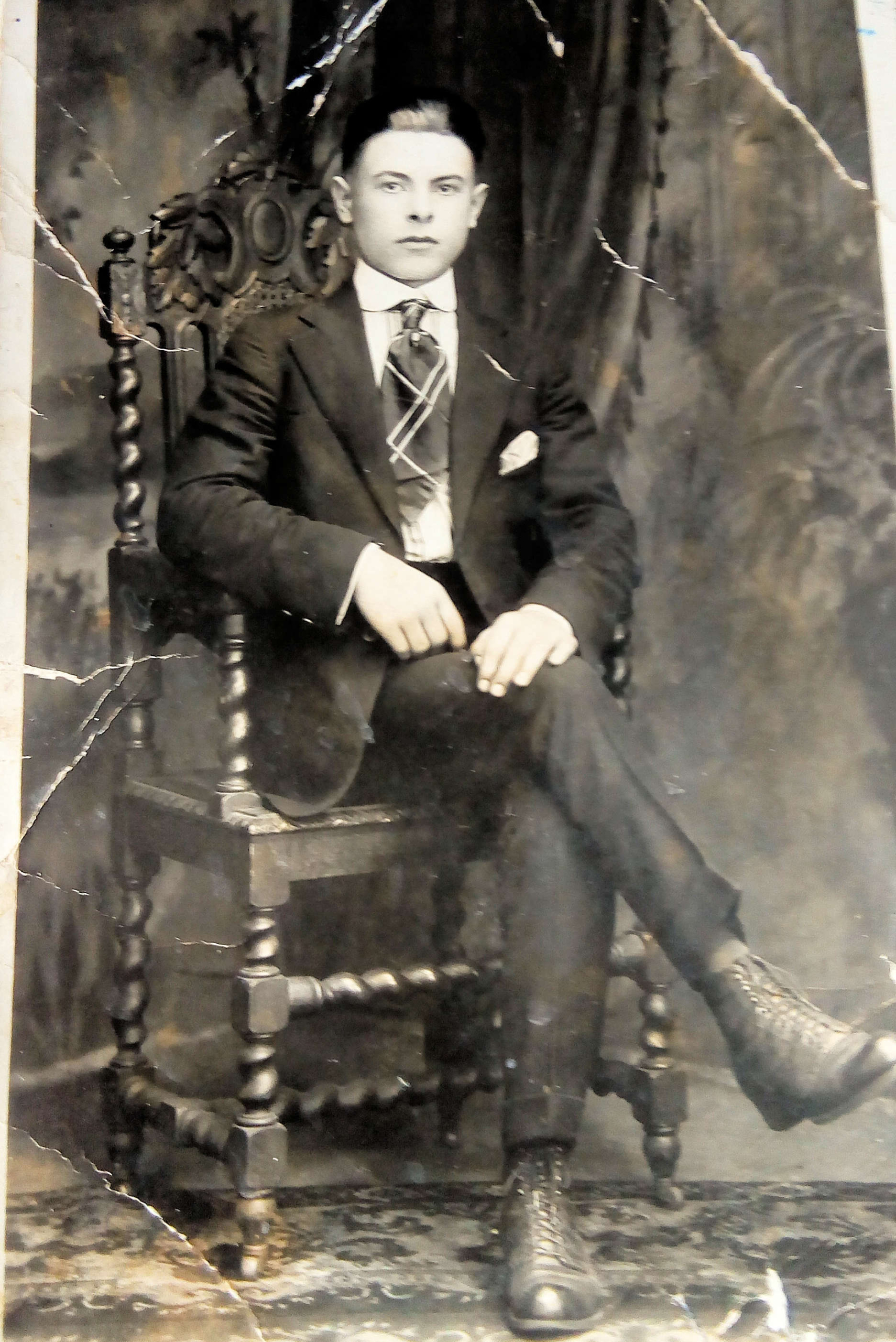
Sadly, only two generations later in New York, I was raised with no plant medicine in my life. My father learned from his parents that doctors and pills were only necessary in emergencies. However, the herbal medicine that his grandparents had practiced in their homes to avoid those doctor visits had lost its way and never made it to my home—nor to the homes of any of my cousins. Aside from our abundant use of oregano (Origanum vulgare), our family herbal traditions were quietly annihilated, along with other cultural staples that differed too much from the powerful dream of fitting in to modern America.
When I first started studying herbalism 25 years ago in Manhattan, I did not realize that I was re-discovering my own roots. For 2 decades I studied the Indigenous wellness tools of the Americas, Asia, and the African diaspora with a fierce passion. Despite the many obstacles I had in finding my way, my passion has finally moved to the forgotten homeland of my beloved grandparents. My newest passion is finding the oldest family traditions that I can track down.
I realize how much privilege I have, to be able to revive my family’s herbalism and even the shamanic practices of the ancient Greek world, and that I still have access to elders in Greece who are willing to share and the means to get back there, to sit with them and listen to their stories.
So many refugees around the world are at risk of losing their access to the plants that they know, losing their knowledge and healthy practices over generations. Of the possessions that they are forced to leave behind, their gardens, fields, and forests are simultaneously the most valuable and most diffi cult to transport. It is up to them to find ways to maintain their plant medicine in the camps and cities that become their new homes.
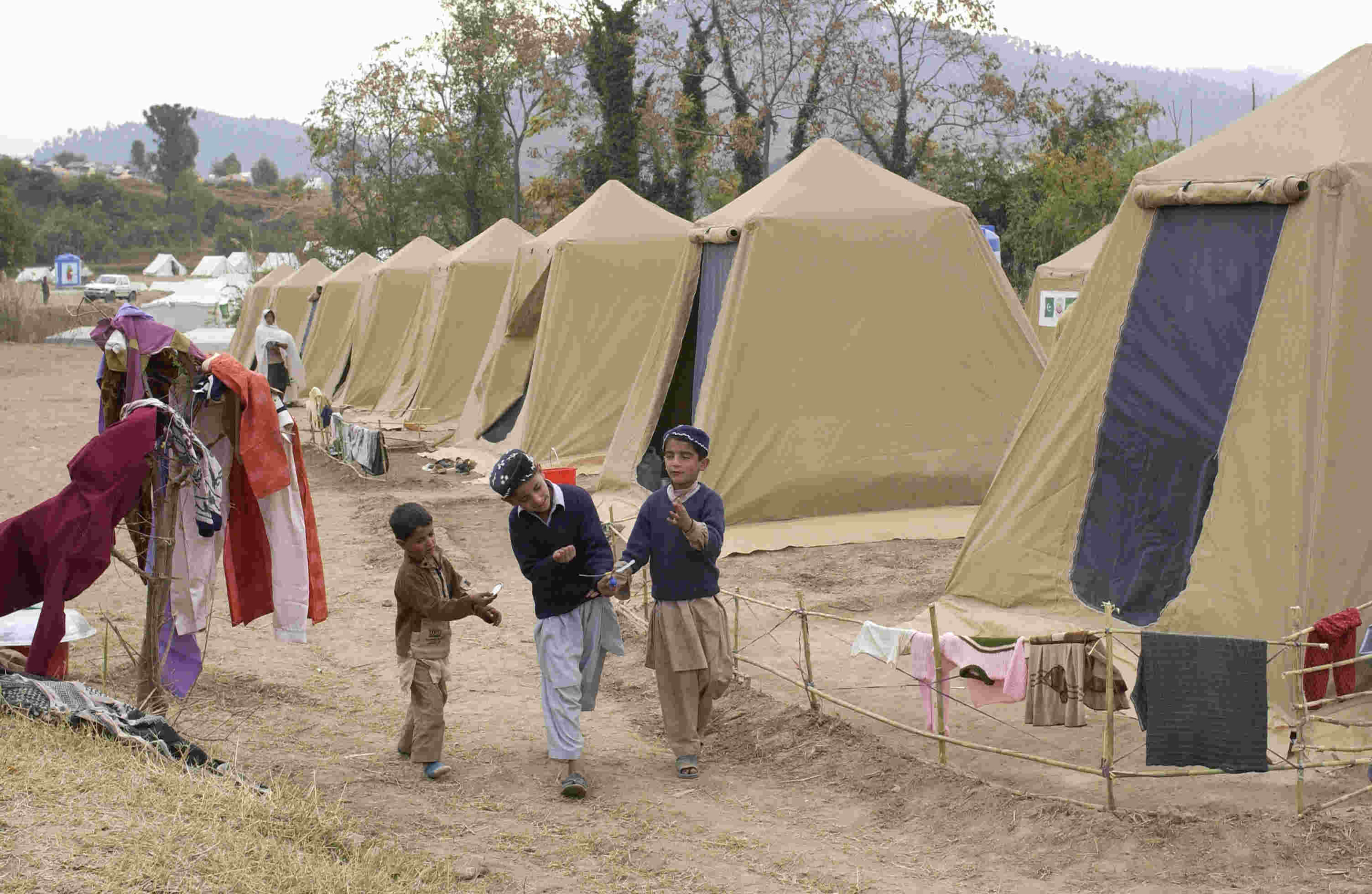
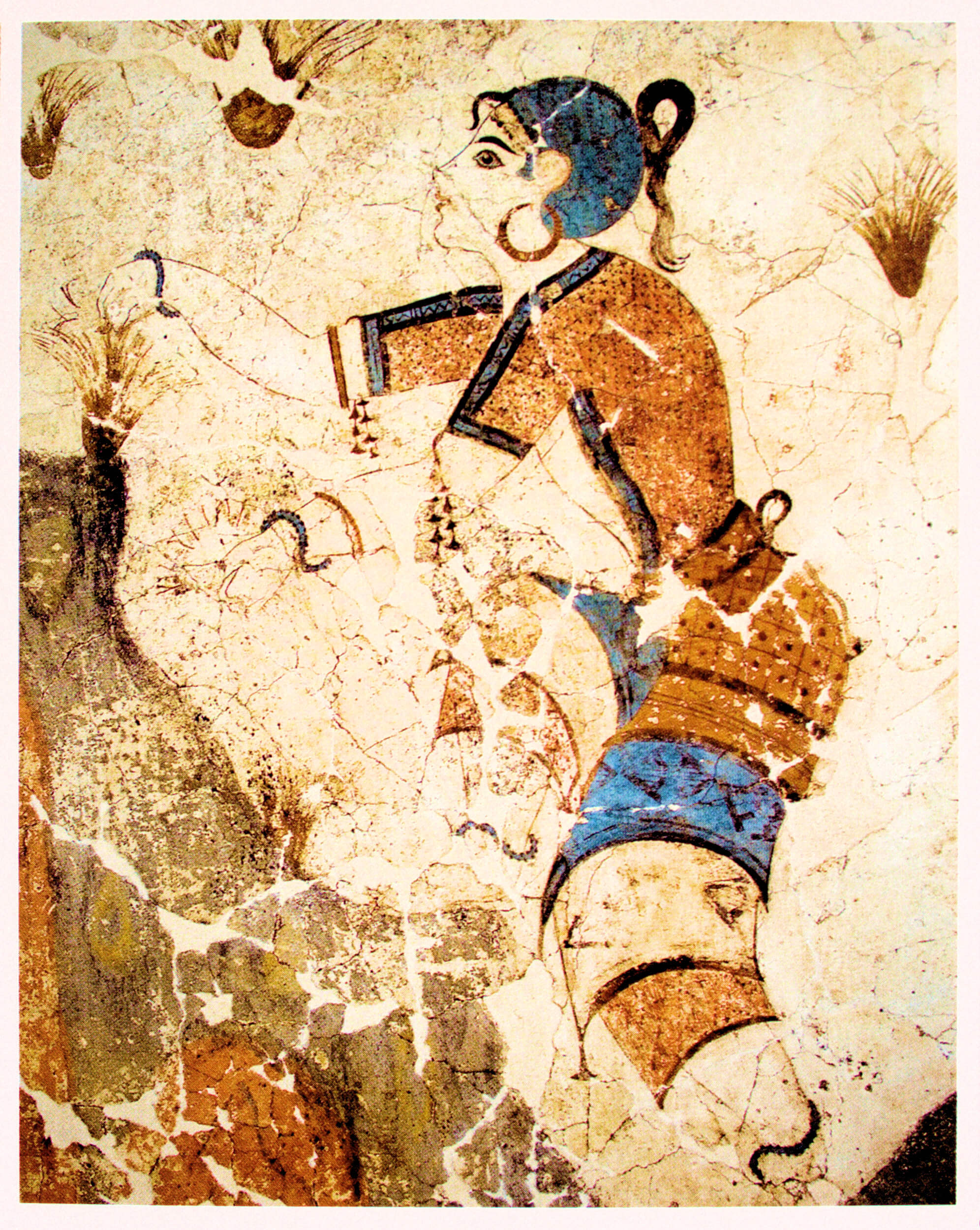
It is a tragedy that my grandparents were separated from their plant allies. Like many refugees, my grandmother died very young from a disease that she might have treated with plant medicine in her village had she not been forced to flee. Plant medicine re-entered my existence by the miraculous appearance of many
incredible Indigenous and Africana teachers, without whom I would have never discovered my own culture. And then I was lucky enough to find teachers like Rosemary Gladstar, who inspires grandchildren of refugees like myself to reconnect with the magic of plant medicine.
Around the world people are fighting for their own rights to practice herbalism, to conserve their forests, to pray and live as their ancestors did. The traditions that they maintain are valuable to us all. No matter how many generations have passed or how disconnected we become, there are those who are willing to show us the way back to nature. They are the ones who know that we all came from a world of plants and that we all should have the right to go back to that world, whether we are returning to our homelands or making our homes in new lands.

